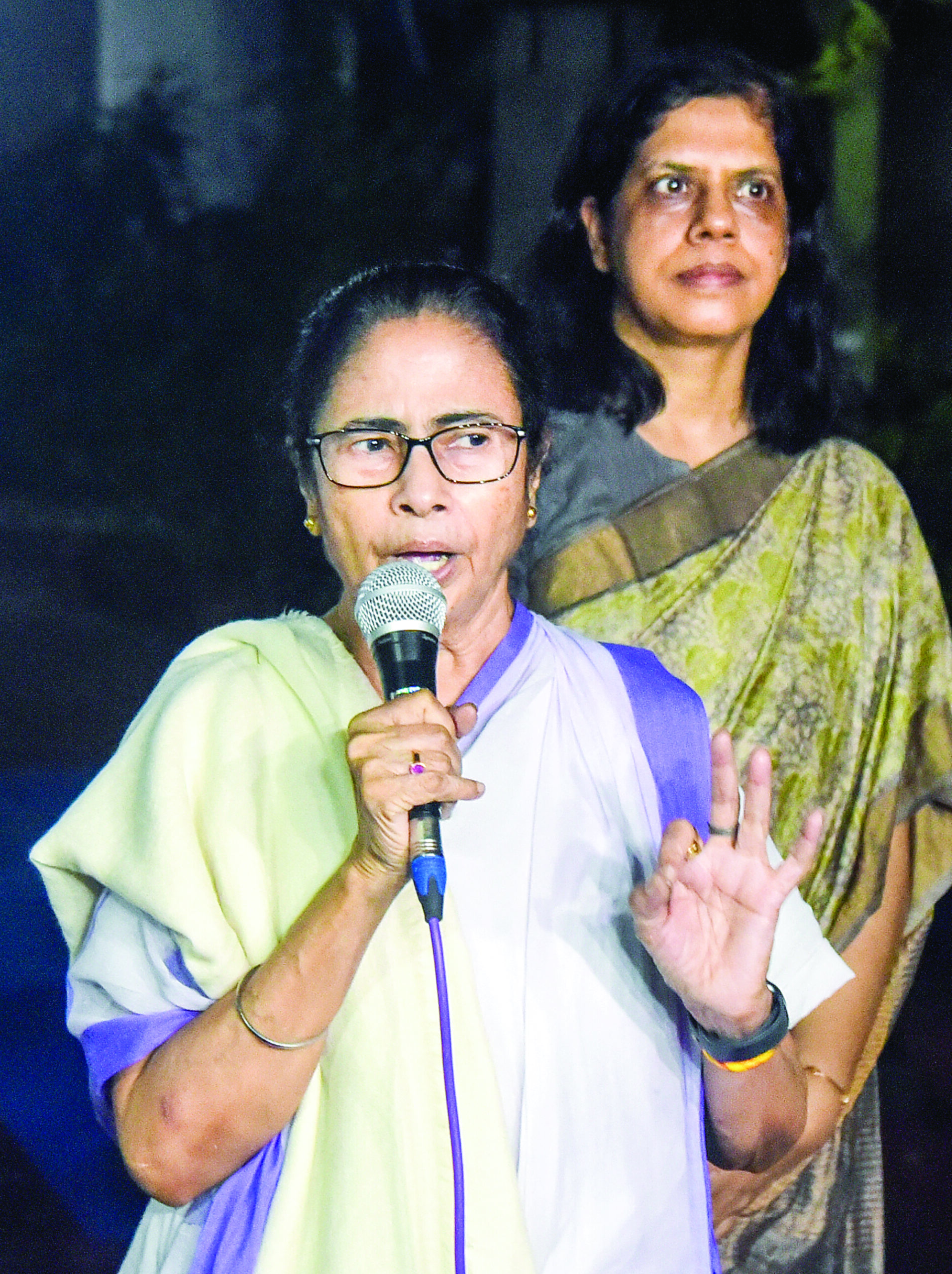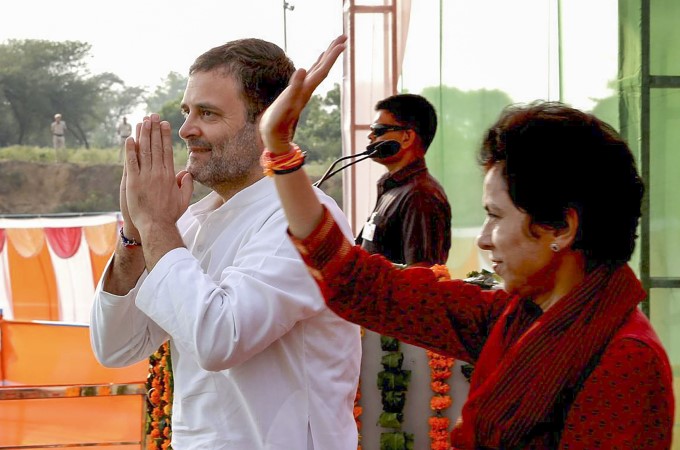
Surrogacy means a woman agreeing to carry a baby for another couple or an individual. The woman carrying the baby is called a “surrogate mother”. After the surrogate mother gives birth to the baby, its guardianship and custody goes to the intended parents. Surrogacy is a complex procedure and there are many legalities and formalities to be met before the process can start. With advances in assisted reproductive technologies like IVF, surrogacy has become an alternative means of having a child with a biological connection for infertile couples.
However, commercial surrogacy driven by financial incentives has raised ethical concerns regarding exploitation of surrogate mothers and commodification of children.
Types of Surrogacy
Legalities Surrounding Surrogacy in India
Surrogacy in India has evolved significantly over the years. In 2002, guidelines allowed commercial surrogacy, enabling surrogate mothers to receive compensation. However, unregulated practices led to issues like exploitation and child abandonment. In response, the Law Commission recommended banning commercial surrogacy in its 228th report. By 2015, India prohibited commercial surrogacy. The Surrogacy (Regulation) Act, 2021, established a legal framework to protect the rights of all parties involved.
Key Regulations and Procedures
The Surrogacy (Regulation) Act, 2021, outlines specific procedures and requirements. Intending couples need a Certificate of Essentiality, which includes medical indication for surrogacy, a Magistrate’s order for parentage and custody, and insurance coverage for the surrogate mother for 36 months postpartum. Additionally, both surrogate and intending mothers must obtain a Certificate of Eligibility.
Offenses and Penalties
Engaging in commercial surrogacy can lead to imprisonment of up to 10 years and fines up to 10 lakh rupees. Abandoning or disowning a surrogate child, sex selection, and exploiting surrogate mothers are also punishable offenses with significant fines and imprisonment terms.
Criticisms and Shortcomings
The Act allows altruistic surrogacy but bans commercial surrogacy. Critics argue this may lead to illegal practices and corruption. The law’s requirement that surrogate mothers must be married and have their child limits options for single women and reflects societal biases.
While the Surrogacy Act of 2021 aims to regulate and promote surrogacy, it faces criticism for creating obstacles for genuine parents. The ban on commercial surrogacy, requirements for surrogate mothers, and lack of protections for clinics and certificates are key concerns. To achieve the Act’s goals, corrective measures are needed, such as reconsidering the ban on commercial surrogacy, removing marital status requirements for surrogate mothers, and putting more focus on their mental and physical health.

Author is Research Scholar at Amity Law School, Gurugram & Associate Advocate at Navit Le-Eagle (OPC) P. Ltd. Mail your legal queries on sunil@nle.co.in














